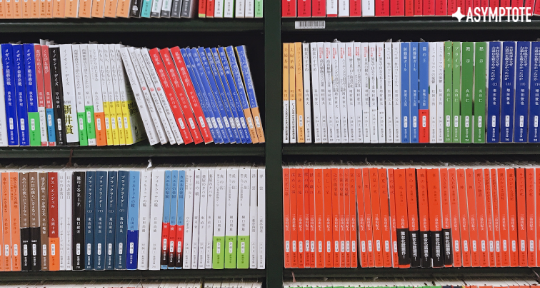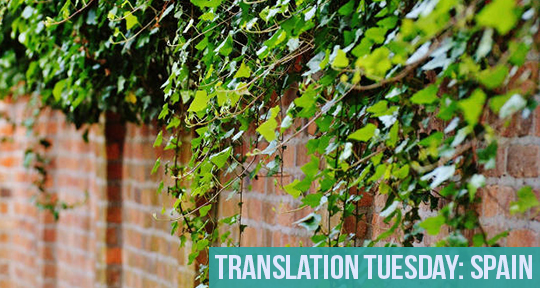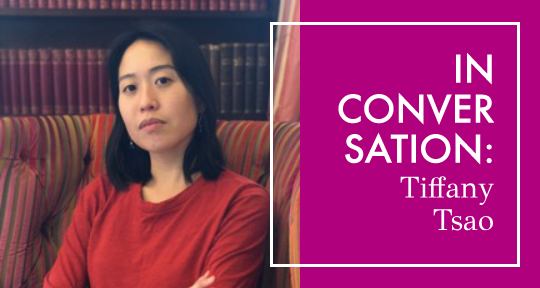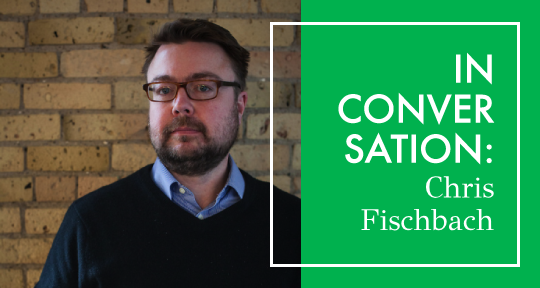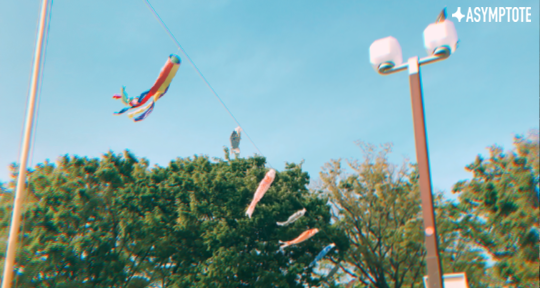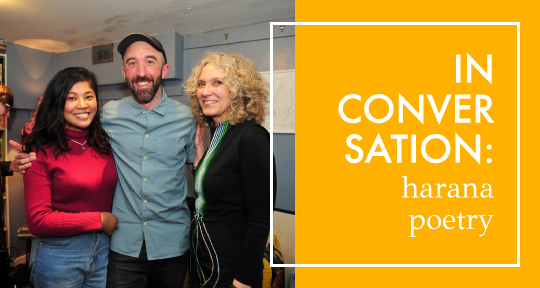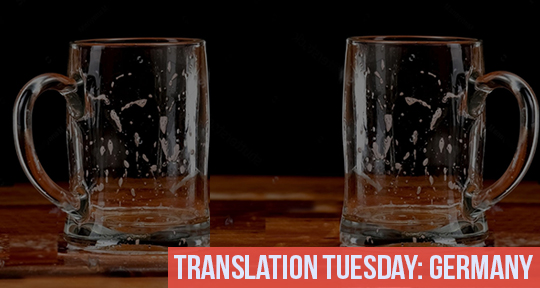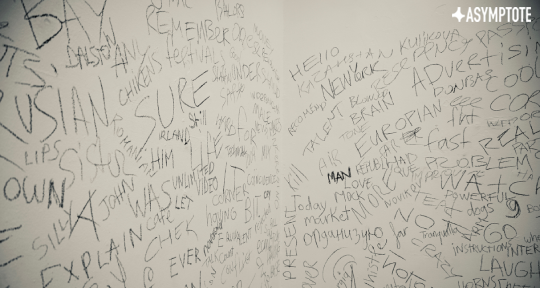When reading a new book in translation, I usually begin by reading the translator’s note. Although it is customary to print the translator’s note at the end of any translated work, I find it enriches my reading to know in advance how the translator approached and connected with the text, to understand their particular choices and challenges. But while translator’s notes often reveal a profound intimacy with the original text, I have rarely read a translator’s note as unapologetically impassioned and moving as the paean Tiffany Tsao wrote for Norman Pasaribu’s award-winning collection of poems, Sergius Seeks Bacchus. Tsao’s translator’s note calls Pasaribu and the collection a “miracle” and describes how working on the translation of Sergius Seeks Bacchus was transformative for both translator and author. “Norman’s poems,” Tsao writes, “have become a part of and spring from me as well,” adding, “I don’t think that I can ever go back to be being the person that I was before.”
Through the translation of Sergius Seeks Bacchus from the Indonesian, Tsao and Pasaribu have forged a partnership that is intellectually energizing and dripping with creative charisma. After reading Pasaribu’s vibrant poems, Tsao’s exceptional translator’s note, and following the two on social media as they successfully toured the UK, I was raring to speak with former Asymptote Editor-at-large, Tiffany Tsao. Amongst other things, Tsao was generous enough to share more about the “mutually nurturing” relationship she has developed with Pasaribu, and how Sergius Seeks Bacchus, published in the UK by Tilted Axis Press and forthcoming in Australia from Giramondo, has come to belong to both of them.
-Sarah Timmer Harvey, April 2019
Sarah Timmer Harvey (STH): Congratulations on the publication of Sergius Seeks Bacchus. Can you tell me about the collection and how it was received in Indonesia?
Tiffany Tsao (TT): After spending three years working with Norman on the translation, I almost feel I’m too close to speak coherently about it! It’s like being asked to describe someone you know intimately: you’re aware of all their facets, of them in different situations and at various points in time. Still, I’ll try my best. Sergius Seeks Bacchus is about contemporary queer life in Indonesia—as he and others have experienced it, but also and importantly, as all of what it could be. Hence the Christian, Batak, and speculative dimensions of many of the poems. Some of them depict realities for queer individuals that Indonesia’s present-day circumstances deny: strolling the streets of Heaven hand-in-hand; strolling the streets of post-alien-invasion Earth hand-in-hand; being celebrated by one’s family via the traditions of one’s culture; getting married (and divorced); having children; being happy; growing old. The poems range in tone too, from melancholy, darkly humorous, wistful, playful, tragic, to tragicomic. Perhaps this variegation is also what makes Norman’s collection so difficult to sum up.
The collection’s reception in Indonesia was bifurcated in the extreme. On the one hand, it won a major national literary award, placing first in the 2015 Jakarta Arts Council Poetry Manuscript competition. On the other hand, because the poems of Sergius Mencari Bacchus were overtly queer, Norman experienced a tremendous amount of online bullying afterward, which plunged him into severe depression.
READ MORE…

